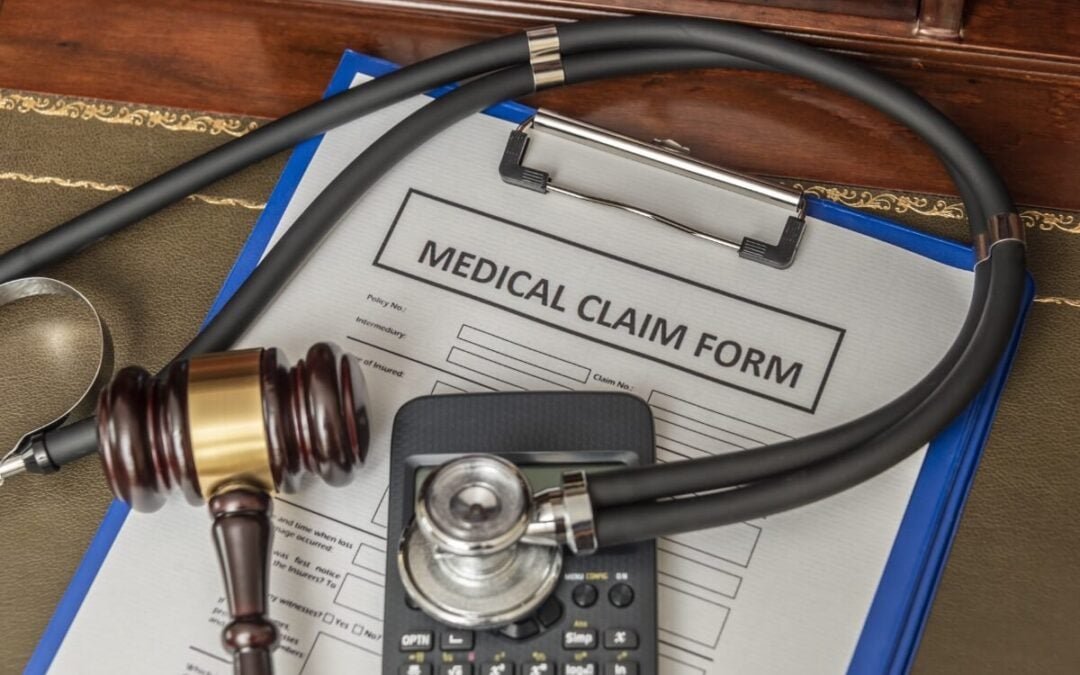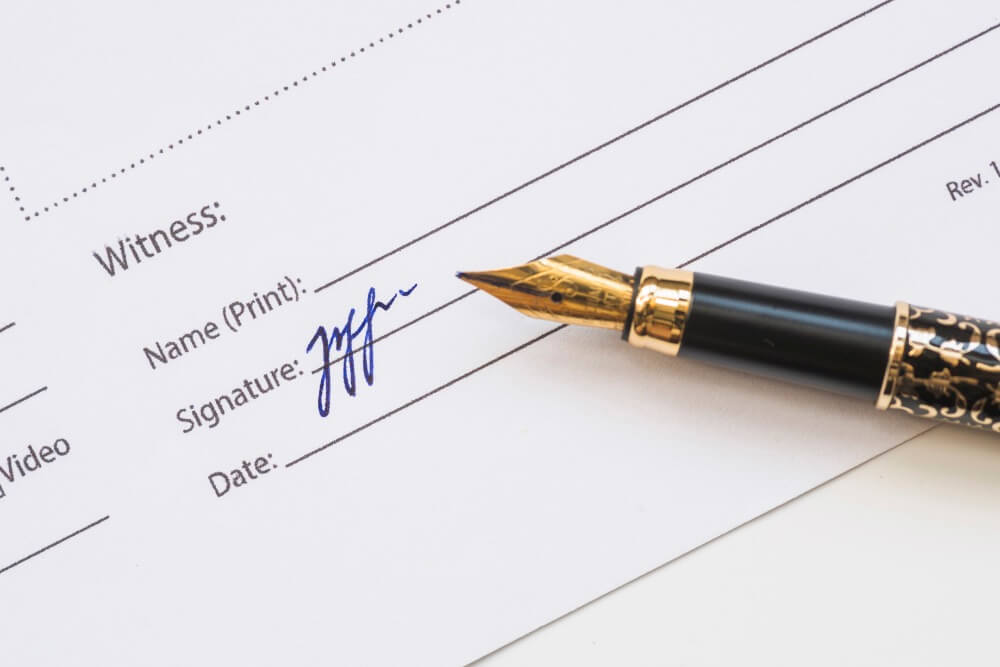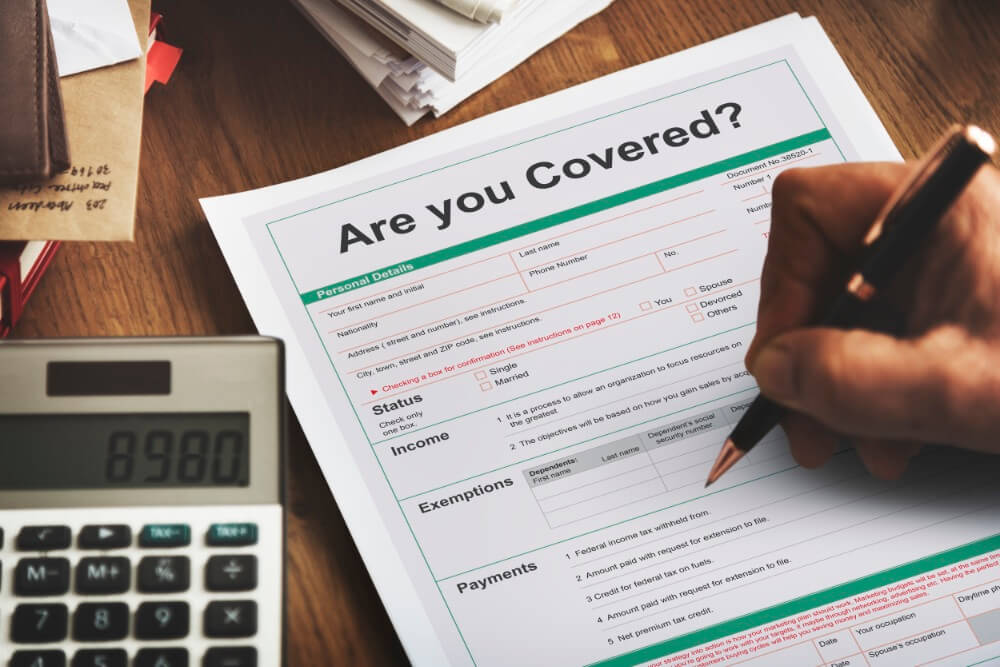The Problem: Will I Lose My Home If Nursing Home Care Is Ever Needed?
What is the best way to protect your primary residence from Medicaid if nursing home care is ever needed? Many senior citizens are concerned with the thought “what will happen to my primary residence if I need to enter a nursing home?” This concern is shared by married couples, widows and widowers, and single individuals. Married couples are afraid that if a spouse enters a nursing home, the other spouse (“the community spouse”) will have to sell the primary residence. Widowed and single individuals are concerned that if they enter a nursing home, they will not be able to transfer their house to their children or other loved ones. Fortunately, with proper planning, protection of the primary house is almost a certainty.
When a widowed or single individual seeks Medicaid benefits, Medicaid requires that they spend their available assets down to $2,000.00 before receiving such benefits. Moreover, if a person enters a nursing home with no reasonable expectation that they will be able to return to the primary residence, Medicaid will expect that the residence be sold and the proceeds used to pay for nursing home care. Some seniors incorrectly believe that they can simply transfer the home outright to their loved ones prior to entering a nursing home. Such a transfer may cause problems, as Medicaid examines all gifts made within five (5) years of a person applying for the program. Accordingly, such a transfer may result in a penalty period for which Medicaid will not cover nursing home costs.
Many married couples own their homes through a “joint tenancy” relationship. If a spouse enters a nursing home, the “community spouse” is entitled to continue living in the house. However, if the couple wishes to preserve the home for the family, planning must be done. Consider this example: Husband has a stroke and needs permanent care in a nursing home. The marital residence is owned jointly. The wife can continue to reside in the marital home. However, if the wife predeceases her husband, the home will be owned 100% by the husband due to the joint tenancy. Since no planning had been done, the house will be sold, and possibly the entire proceeds will be used to pay the husband’s nursing home care costs.
The Solution: Deed with a Life Estate Remainder
Fortunately, for married, widowed and single individuals, various planning techniques still exist to protect the family home. “Deed with a life estate remainder” is one of the most commonly used elder law asset protection planning technique. For the senior, the transfer of a remainder interest is easy to understand and less invasive to their lifestyle than other transfer techniques. The transaction requires preparing a new deed and associated real estate transfer documents. No realty transfer tax is imposed as this gift is a transfer without consideration. The tax bill signed by President Obama on December 17, 2010, reinstates the “step up in basis” rule. This makes the “deed with a life estate remainder” planning technique an even more attractive option for all individuals.
In the typical scenario, the grantor (usually the parent) transfers the house to his or her children (a “remainder interest”), and retains the right to live in the house during his or her lifetime (a “life estate interest”). From a practical perspective, the life estate technique assures the life estate holder (i.e.: Mom) that little has changed. She is legally obligated to pay all expenses of regular maintenance, upkeep, and property taxes, and can also deduct these to the extent they may be deductible. The holder of the Life Estate is entitled to all rents from the property, which is countable income. The holder of the Life Estate is entitled to exclusively occupy the premises, without fear of being evicted. The holder of the Life Estate is also protected against the remainderman’s creditors; the creditors could only take the property subject to the grantor’s life estate interest. Furthermore, there is protection against eviction in case of equitable distribution should remainderman get divorced.
Under a Life Estate Deed, the “life tenant” (mom) retains 100% of the present interest of the property. The future interest (which is defined as the full interest after your death) would be transferred to the “remainder persons.” When retaining a Life Estate in the property, you are not transferring or giving the entire interest in the property away. Instead, the remainder persons are given today the right to own the property after you pass away.
Medicaid Look Back Period
The gift of the remainder interest is a transfer for Medicaid purposes. The five year look-back period starts when the deed is recorded with the county clerk. Thus, if an individual transfers the remainder interest this year, this gift will be protected from Medicaid’s reach 5 years from the date the deed is recorded. The look-back period is the time frame within which Medicaid can examine any and all transfers. For those who think they are at least 5 years away from a nursing home, a transfer of a house subject to a life estate can be a grand slam as the house tends to be the most valuable single asset.
Tax Issues
Estate & Capital Gains Taxes
What happens from a tax perspective when the life estate holder dies? If you give away an asset and keep a life estate in that asset, the life estate acts like a “string” that pulls 100% of the value of the asset into your taxable estate. From an estate tax perspective, this means that (1) 100% of the value of the house is included in the decedent’s taxable estate, and (2) the cost basis of the house is “stepped-up” to the value of the house on the date of death (IRC 2036). For example, assume Mom bought the house for $40,000 in the 1960’s and it is worth $440,000 at the time Mom passed away. Mom’s estate includes the house valued at $440,000, and her heirs get the house with a $440,000 basis. When they later sell the house for $450,000, they only have a $10,000 capital gain. If the total estate is less than $675,000 (New Jersey) or $5,000,000 (Federal), then there will be no estate tax due. If there is a New Jersey estate tax, the rate ranges up to 16% on amounts over $675,000 – far less than the capital gains tax that would apply if Mom simply gave the house to the children without keeping the life estate.
Inheritance Taxes
New Jersey imposes an Inheritance Tax if the remainder beneficiaries are not children. Assume, for example, that Uncle gave his house to his nieces and nephews and retained a life estate. Whereas the Estate Tax is imposed on the value of the decedent’s estate, the Inheritance Tax is assessed against a beneficiary based on their relationship to the decedents. Transfers to spouses and children are exempt, while transfers to other family members are not. Thus, when Uncle dies, the entire value of the house is subject to inheritance tax. Thus, the nieces and nephews get the house, but will pay 15%-16% of its value to the New Jersey Division of Taxation. The Inheritance Tax is a credit to the Estate Tax, so if the estate is subject to estate tax and the beneficiaries are not children or spouses you will not pay both taxes.
Real Estate Taxes
The holder of the life estate is responsible for paying the real estate taxes. Once the deed is filed with the County Clerk, a copy is provided to the Municipal Tax Office. This office will update its records, listing the remainder persons (children) as the owners, meaning the tax bills are sent to the house in the names of the remainder persons.
Life tenants continue to receive certain tax benefits provided to homeowners in New Jersey. The life tenant who pays the real estate taxes can deduct the real estate taxes he or she pays on the federal income tax return, receive the New Jersey Homestead/New Jersey Saver Rebate, the Senior Citizen’s Deduction and the Veteran’s Deduction, if applicable.
Medicaid Liens and Estate Recovery
Although the regulations governing Medicaid estate recovery are complex, the basic rule is that if an individual has been a recipient of correctly-paid Medicaid benefits, then upon that recipient’s death, those benefits may be recoverable from the recipient’s estate, if he leaves no surviving spouse, child under age 21, or blind or disabled child.
“Life estate” for estate recoveries purposes means a life estate created upon the death of a beneficiary, but not a life estate in which the beneficiary held an interest during his lifetime, but which expired on the beneficiary’s death. The life estate described in this summary, extinguishes at the death of the Grantor (Mom) and therefore no Medicaid lien exists against a life estate.
Conclusion
To determine if the life estate planning technique makes sense to protect your assets from a nursing home, you must be proactive as the five-year lookback period starts when the deed is recorded. Please contact us to schedule an appointment to get professional legal advice for YOUR situation and beginning the process to ensure more of your hard-earned assets pass to your family members, not the government or nursing home. It’s the only way you will protect your primary residence from the nursing home.






